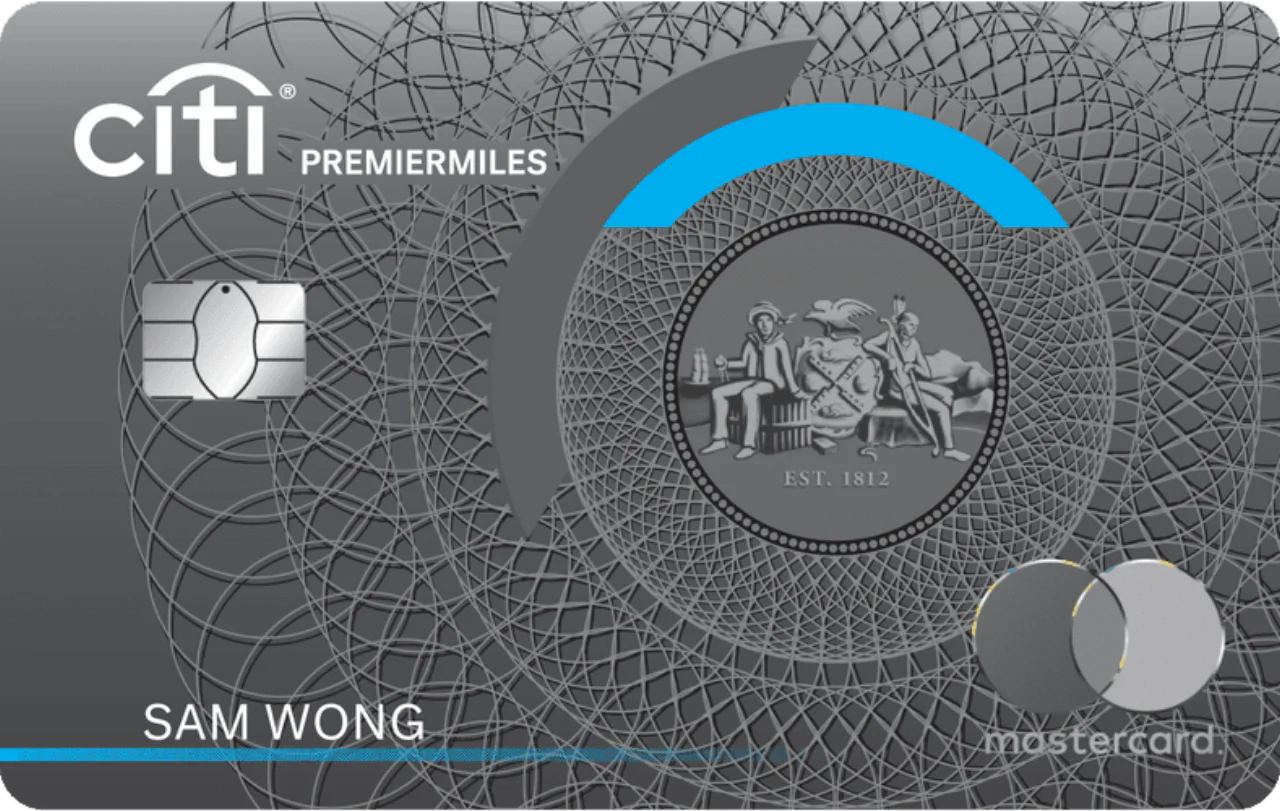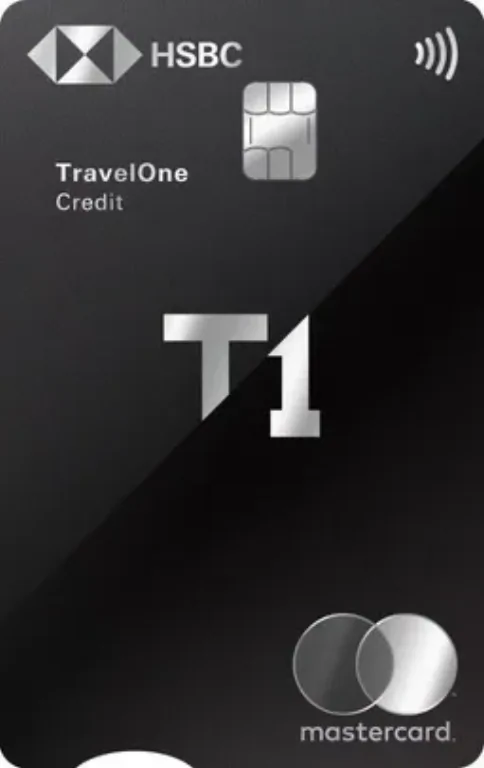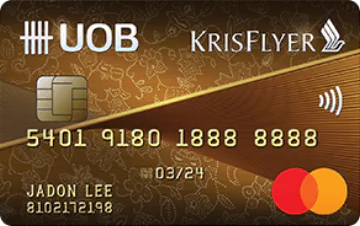Hotel vs. Hostel: Choosing the Right Accommodation
Updated: 29 Jul 2025
Written bySingSaver Team
Team
The information on this page is for educational and informational purposes only and should not be considered financial or investment advice. While we review and compare financial products to help you find the best options, we do not provide personalised recommendations or investment advisory services. Always do your own research or consult a licensed financial professional before making any financial decisions.
Whether it's a gap year in Europe, a student exchange in Japan, a family holiday in Australia, solo backpacking in Southeast Asia, or a quick getaway with a staycation close to home, where you stay can make all the difference.
Your choice of accommodation – whether a hostel or a hotel – can significantly impact your overall experience. Knowing what sets them apart can help you save money, enhance your travels, and ensure your comfort and safety.
How hotels and hostels differ
Hotels typically feature private rooms, often including en-suite bathrooms, and a variety of services aimed at comfort and convenience, while hostels generally offer dormitory-style rooms with shared facilities and a more communal vibe. The key distinctions between a hotel and a hostel are primarily privacy, cost-effectiveness, and the level of social engagement.
Earn more air miles with every trip
Find the credit card that's in tune with your travel style, spending patterns, and the rewards you're looking for.
What to expect from hotels
Hotels provide a comprehensive range of services focused on privacy and convenience, typically featuring private rooms with en-suite bathrooms, daily housekeeping, room service, and round-the-clock reception.
Additionally, hotels often enhance the guest experience with higher-quality mattresses and amenities like gyms, pools, and concierge services, ensuring a more comfortable and potentially luxurious stay.
» Learn more: The best websites for booking your hotels in Singapore
What to expect from hostels
Hostels typically offer dorm-style accommodation with bunk beds and shared bathrooms, fostering a social atmosphere that is popular among young travellers and backpackers. Communal kitchens and lounges facilitate interaction, and many organise activities or offer co-working spaces.
Notably, "poshtels" in cities like Bangkok, Tokyo, and Berlin now offer private rooms, sometimes with en-suite facilities, for travellers desiring more privacy in a hostel setting.
» Learn more: 24 travel tips that every solo traveller should know
When is a hotel the best choice?
If privacy and comfort are your top priorities, you should choose a hotel over a hostel. Here are some other scenarios where staying in a hotel may be more ideal:
If you’re staying with your partner or family
Couples or families, especially those with young children or elderly parents, often find that hotels better meet their needs for added comfort, privacy, and security, providing a simpler and more relaxed travel experience.
If you value your peace and quiet
With features like soundproofed walls, daily cleaning that ensures a tidy environment, and a generally more controlled atmosphere, hotels are perfect for focused work trips or relaxing, quiet getaways.
If a luxurious stay is what you want
Many 4- and 5-star hotels elevate your stay with perks such as extensive breakfast buffets and indulgent spa treatments perfect for unwinding. Efficient concierge services are also readily available to assist with any needs, complemented by the convenience of in-house dining options for easy meals. These thoughtful extras contribute to a more comfortable and often luxurious experience.
» Learn more: The best credit card hotel promotions and discounts
If security is a worry
Providing enhanced security through features like CCTV surveillance, electronic keycard access, in-room safes, and a continuously monitored reception, hotels can offer significant peace of mind. For solo and/or female travellers, this may well be worth the extra expense.
» Learn more: 10 overseas accommodation safety tips for solo travellers
When is a hostel the best choice?
If you want to meet fellow travellers and keep your costs down, choose a hostel over a hotel.
If you’re keen to meet new people
For solo travellers or those who thrive on social interaction, hostels provide a welcoming environment. Shared lounges and organised activities, like walking tours and cooking nights, make it easy to connect with fellow travellers from across the globe. This often leads to a strong sense of community, which can be appealing for backpackers.
» Learn more: The 8 best alternatives to Airbnb
If keeping costs down is important
Typically much cheaper than hotels, hostels are a significantly more budget-friendly option, allowing travellers to spend more towards exploring their destinations. This makes hostels a fantastic choice for students, gap-year travellers, or anyone looking to maximise their travel budget for more experiences.
» Learn more: How to save money on hotels without sacrificing comfort
If you prefer to cook and do laundry yourself
Hostels often feature shared kitchens, allowing guests to prepare their own meals and save on dining expenses, along with laundry facilities, which are particularly beneficial for longer trips. These communal areas tend to encourage self-sufficiency and a more independent travel style.
The verdict: Hotel or hostel?
The choice between a hotel and a hostel ultimately depends on your individual priorities such as your budget, whether you’re travelling alone or in a group, whether you prefer privacy or socialising, and depending on whether you plan to explore or relax. Use this quick guide to help you decide:
-
Budget-conscious solo traveller looking to meet people? Hostel.
-
Family seeking privacy and convenience? Hotel.
-
Business trip requiring a quiet and comfortable environment? Hotel.
-
Backpacker aiming to save money and cook your own meals? Hostel.
-
Wanting a more luxurious and service-oriented stay? Hotel.
With these factors in mind, you can make an informed decision that best fits your needs for a more enjoyable and fulfilling travel experience, worldwide.
Use the right cards to maximise your rewards
Your ideal travel credit card should align with your specific needs. Here are the top picks for 2025:
Best for flexibility: Citi PremierMiles Card
Best for bonus miles with annual fee waivers: HSBC TravelOne Credit Card
Best for hotel bookings and lounge access: Citi Prestige Card
Best for luxury perks: American Express Platinum Card
Best for Singapore Airlines or KrisFlyer members: KrisFlyer UOB Credit Card
Relevant articles
What Does it Cost to Be a Singaporean Digital Nomad?
About the author
SingSaver Team
At SingSaver, we make personal finance accessible with easy to understand personal finance reads, tools and money hacks that simplify all of life’s financial decisions for you.




